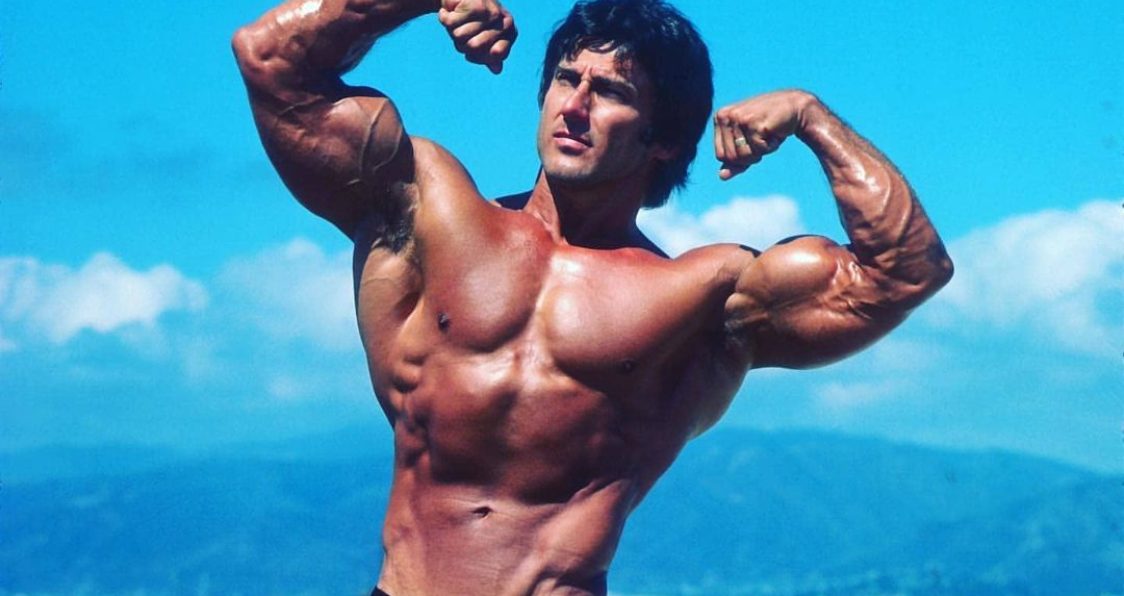

Frank Zane, with his aesthetics and symmetry, was in a genuine sense the perfect bodybuilder. The perfect balance of all the body parts made him look like a Greek God. During his time, every man and woman admired his classic physique.
Watch What’s Trending Now!
ADVERTISEMENT
Born in 1942, Frank Zane is an author and a retired professional bodybuilder. The three-time Mr. Olympia was inducted into the IFBB Hall of Fame in 1999. They counted Zane among the greatest bodybuilders in the history of bodybuilding.
ADVERTISEMENT
Frank Zane had a full-time job while preparing for his pro debut
Zane was a mere 14 years old when he first started working out. It is said that Zane lived prone to violence. Hence, he wanted to build his body in order to defend himself. While training to become an accomplished bodybuilder, Zane used to work as a full-time teacher.
ADVERTISEMENT
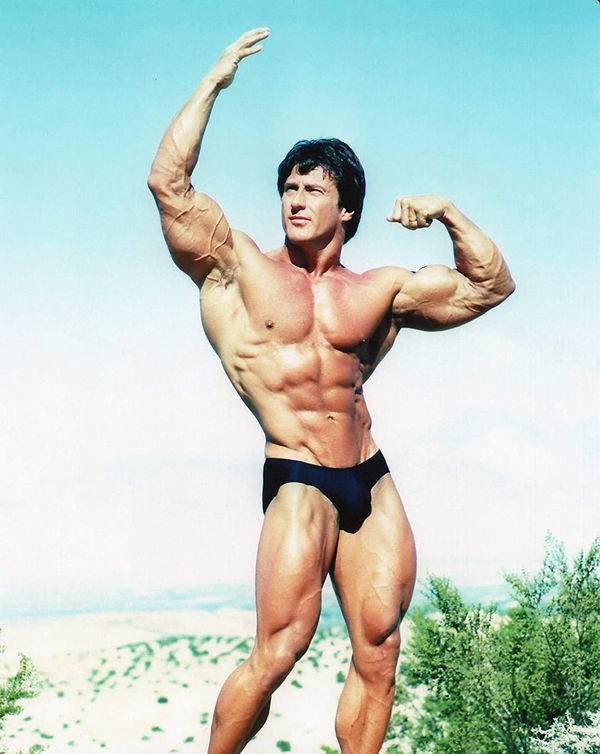
In an interview with JuicedMuscle.com in 2017, Zane revealed that when he claimed his first Mr. Olympia title, he was a teacher too. Frank said, “After I graduated college, I actually taught school for 13 years. It allowed me to train hard in the summers. Believe it or not, when I won the Olympia I was teaching full time.”
ADVERTISEMENT
Top Stories
“People Shrink With Age”: Despite Being 6’2, Arnold Schwarzenegger’s Height Next to 7X Mr. Olympia Becomes the Talk of the Bodybuilding World
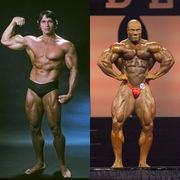
Freshly Retired From Bodybuilding, Chris Bumstead?s Hunk Brother-in-Law Is Excited to Start His New Athletic Journey: ?Something to Keep Myself Challenged?

50-YO Bodybuilding Beast Showcased a Rare Family Picture, One That Hid the Secret Behind the Foundation of His Bodybuilding Reign

“So Sorry for Your Family Loss”: Bodybuilding World Mourns Devastating Loss of 61-YO Veteran Bodybuilder Battling Long-Term Illness
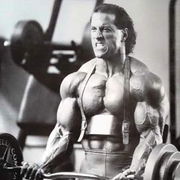
“My Mind Is an Absolute Ras*al”: Tech Millionaire Justifies His Obsession With Aging and the Insane Approach He Follows to Live Longer

During Zane’s era, it wasn’t an uncommon practice for bodybuilders to have a side job. Most of the bodybuilders of that era had side jobs to help them fund their training and diet-related food. On that note, Zane commented on the difference between the bodybuilders then and the bodybuilders now. He said, “And today they all want sponsorships. What’s a sponsorship? We didn’t have that, we just had to work.”
ADVERTISEMENT
What is a sponsorship?
To put it simply, sponsorship is the act of backing a person, event, or organization through cash or a kind. In return, the sponsor receives recognition through promotion. The entity that provides the support is the sponsor. Sponsorship works differently in different fields. Sponsorship may include monetary benefits like a cash prize for achieving a milestone or fixed remuneration; or provisional benefits, like products and services. Often, it includes both.
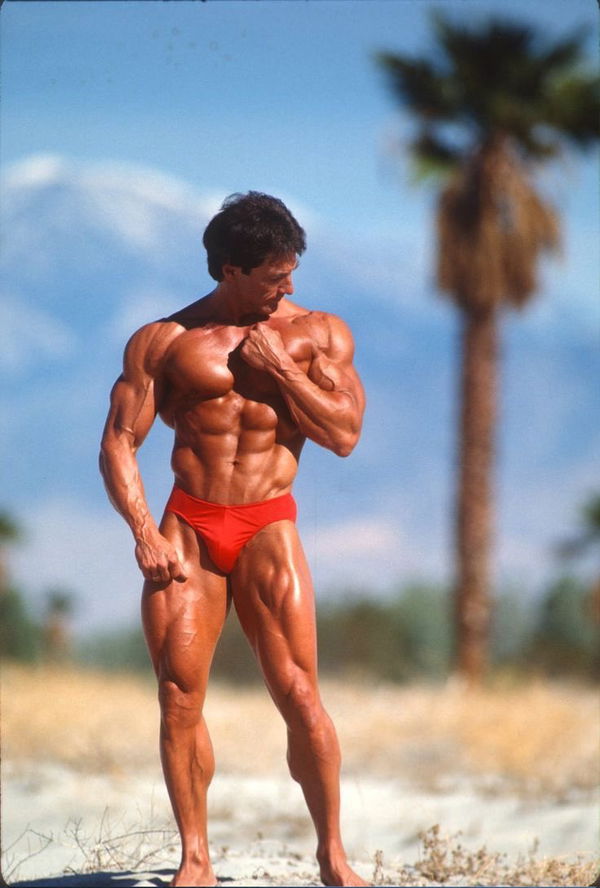
ADVERTISEMENT
For sports, sponsorship deals work differently for different sports or athletes. For example, a swimmer might get sponsored by a brand that specializes in making swimming apparel, whereas a track and field might get one from an energy drink or shoe brand. Similarly, for bodybuilders, it can be through free supplements, articles of clothing, and/or memberships; or in the form of annual monetary packages. The deal structure depends on how lucrative the athlete is.
Watch This Story: 8x Mr. Olympia Ronnie Coleman Disclosed the Amount of Money He Spent on Bodybuilding Competitions During His Career.
ADVERTISEMENT
ADVERTISEMENT
ADVERTISEMENT
ADVERTISEMENT

